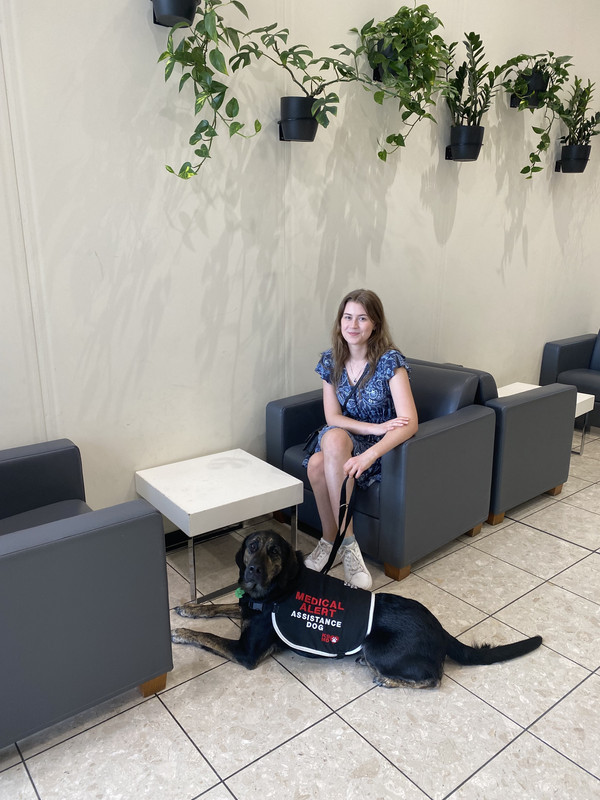Medical Alert Assistance Dogs
UPDATE:
Thank you for your interest in our Medical Alert Assistance Dogs programme.
Unfortunately, we are currently unable to accept any new applications. We will notify here when this changes.
Please reach out to any other certified organisation under Schedule 5 of the Dog Control Act listing authorised agencies for qualified assistance dogs in New Zealand.
Thank you for your interest in our assistance dog programme.
The following medical conditions are included in our programme. Other medical conditions are considered on a case by case basis:
Epilepsy
Narcolepsy
Diabetes
Allergies causing anaphylaxis
Addisonian crisis (also known as Adrenal crisis
Cardiac condition such as, but not limited to Postural Tachycardia syndrome (PoTS)
Please note: We can train dogs for emotional support however these dogs are not certified assistance dogs and do not have public access. We also do not train or certify assistance dogs for PTSD.
The purpose of an Assistance Dog is to be an asset to a person’s life, their desire for independence and support of their medical condition.
Having an Assistance Dog is a serious and long-term commitment. The Applicant will be responsible for the life and well-being of the Assistance Dog. This must be taken seriously.
The Applicant must have as a minimum:
The full support of all family members
Be able to correctly manage an Assistance Dog when they are working
Have one specific medical condition for an Assistance Dog
Be active enough to regularly use the Assistance Dog for the purpose it was trained
Be able to care, both physically and financially for an Assistance Dog providing appropriate health care, food, water, exercise and grooming to maintain the dog’s good health
Provide a safe and nurturing environment appropriate for an Assistance Dog

